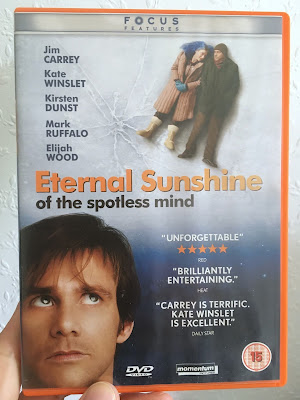Don Johnston (played by Bill Murray and with a name that gets him deliberately confused with the Miami Vice actor) is a lonely, retired man who used to work in computers. On the day that his girlfriend Sherry (Julie Delpy) leaves him, he receives an anonymous letter that tells him he has a 19-year-old son. With the help of his neighbour Winston (Jeffrey Wright), a fan of detective stories, he sets off on an investigative trip to meet four women who might have been the mother of the child he never knew he had.
The bulk of the film deals with these four encounters, which meet with varying degrees of success. One of the former lovers (Sharon Stone) spends the night with him. Another (Tilda Swinton) gets him beaten up. All of these four women (Frances Conroy and Jessica Lange play the other two parts) are convincingly portrayed.
It could have been funnier. Some of the deliberately “low-key”, contemplative scenes just fall flat, even though that’s probably the point. The detective aspect is a bit silly, which undercuts some of the power of the serious relationship material. And while I appreciate that it was deliberately left ambiguous, the final “twist” at the very end is an in-joke that slightly spoils the open-ended conclusion.
It’s ultimately a third-rate Lost in Translation, but without as much originality, dry wit or warmth.













































